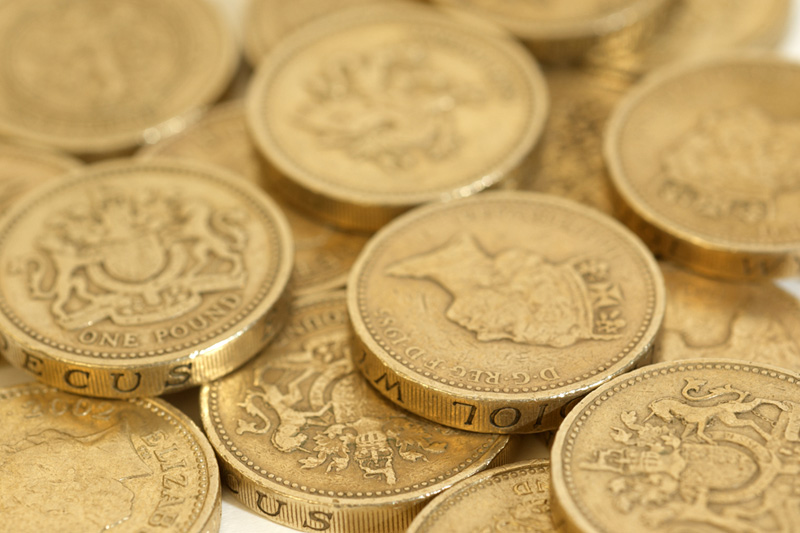Investing.com - The pound was lower against the U.S. dollar on Tuesday, as uncertainty over the outcome of Greek debt negotiations continued to weigh on market sentiment, sending the safe-haven greenback broadly higher.
GBP/USD hit 1.5764 during European morning trade, the pair's lowest since June 17; the pair subsequently consolidated at 1.5807, edging down 0.11%.
Cable was likely to find support at 1.5622, the low of June 17 and resistance at 1.5930, the high of June 18 and a seven-month high.
The safe-haven greenback remained supported after euro zone finance ministers failed to reach agreement over Greece’s bailout at an emergency meeting on Monday, but indicated that a final deal could be made later this week.
Eurogroup head Jeroen Dijsselbloem said new reform proposals from the Greek government were “broad and comprehensive,” and a good basis to restart stalled negotiations.
The U.S. dollar was also boosted after industry data on Monday showed that U.S. existing home sales increased 5.1% to 5.35 million units last month from 5.09 million in April. Analysts had expected existing home sales to rise 4.4% to 5.26 million units in May.
Investors were eyeing a report on U.S. durable goods orders due later in the day, for further indications on the strength of the economy.
Sterling was higher against the euro, with EUR/GBP declining 0.74% to 0.7114.
The single currency shrugged off data on Tuesday showing that private sector activity in the euro area expanded at the fastest pace in four years this month, cementing the view that the economic recovery is gaining traction.
The preliminary reading of the Markit composite purchasing managers' index, which looks at both the manufacturing and service sectors, rose to 54.1 from a final reading of 53.6 in May. It was the highest level since May 2011 and above forecasts for a reading of 53.5.
The bloc’s manufacturing PMI rose to 52.5 this month from 52.2 in May, while the services PMI improved to 54.4 this month from 53.8.
France’s manufacturing sector expanded for the first time since April 2014 this month, as a broad based pick up in private business activity gained momentum. German private sector activity also expanded at a faster-than-expected pace.
